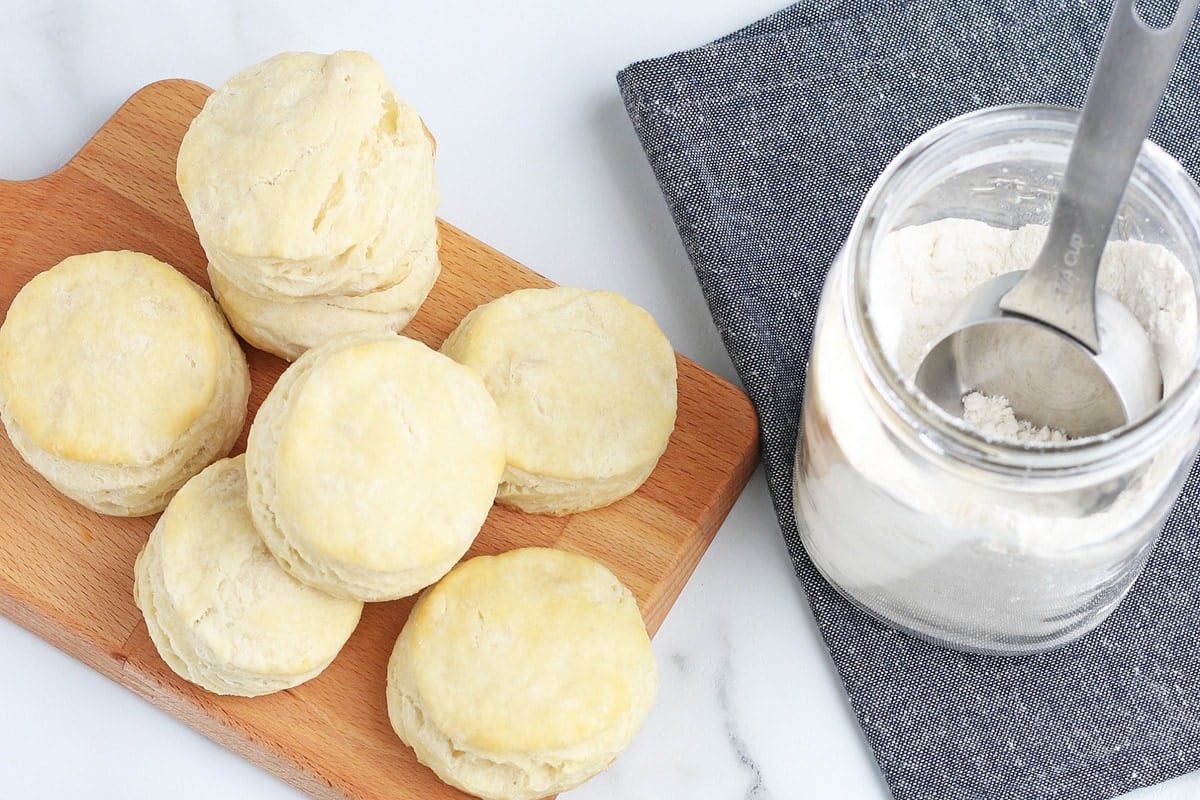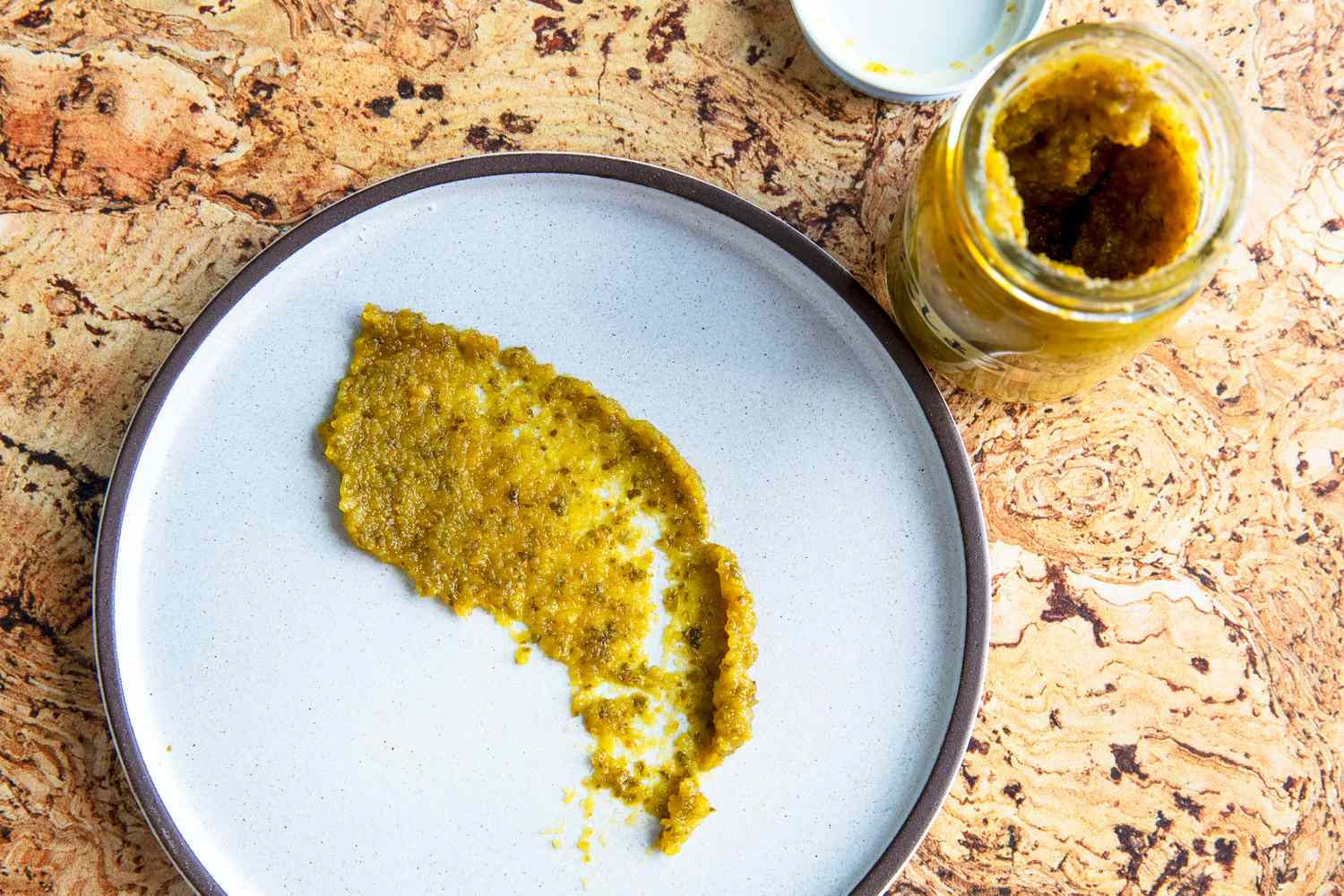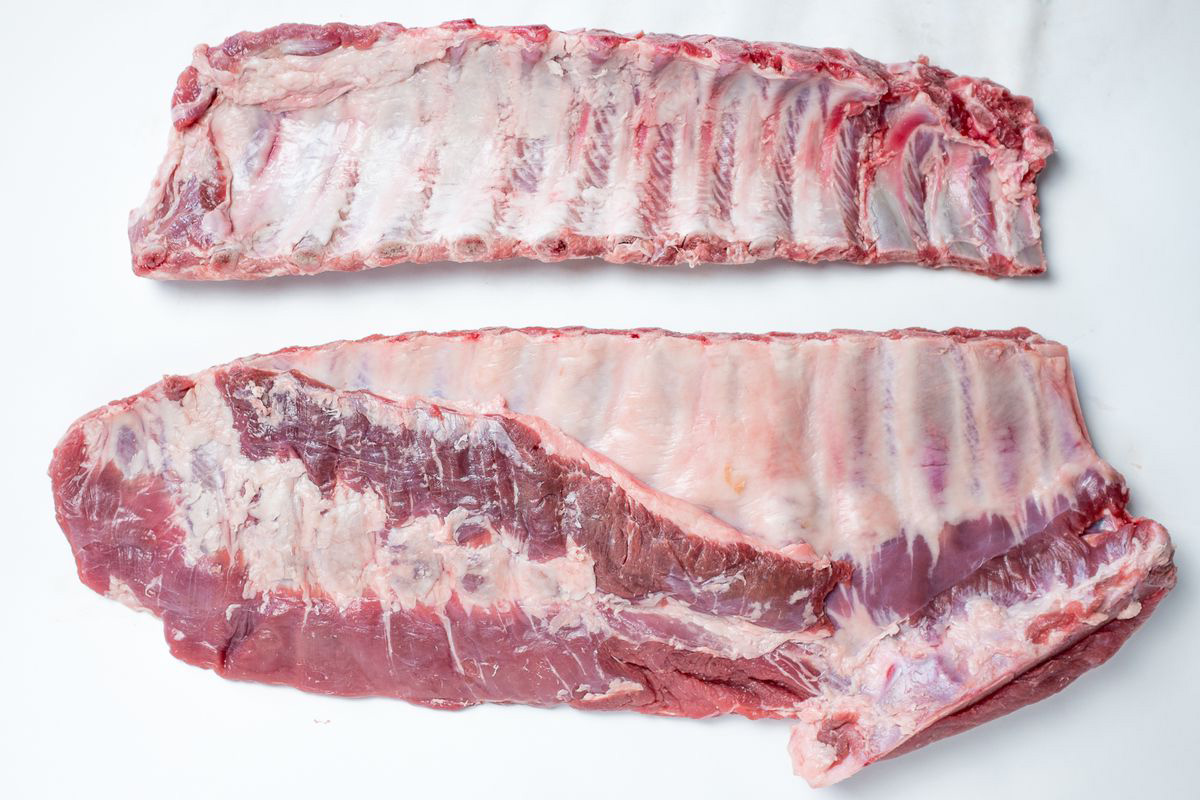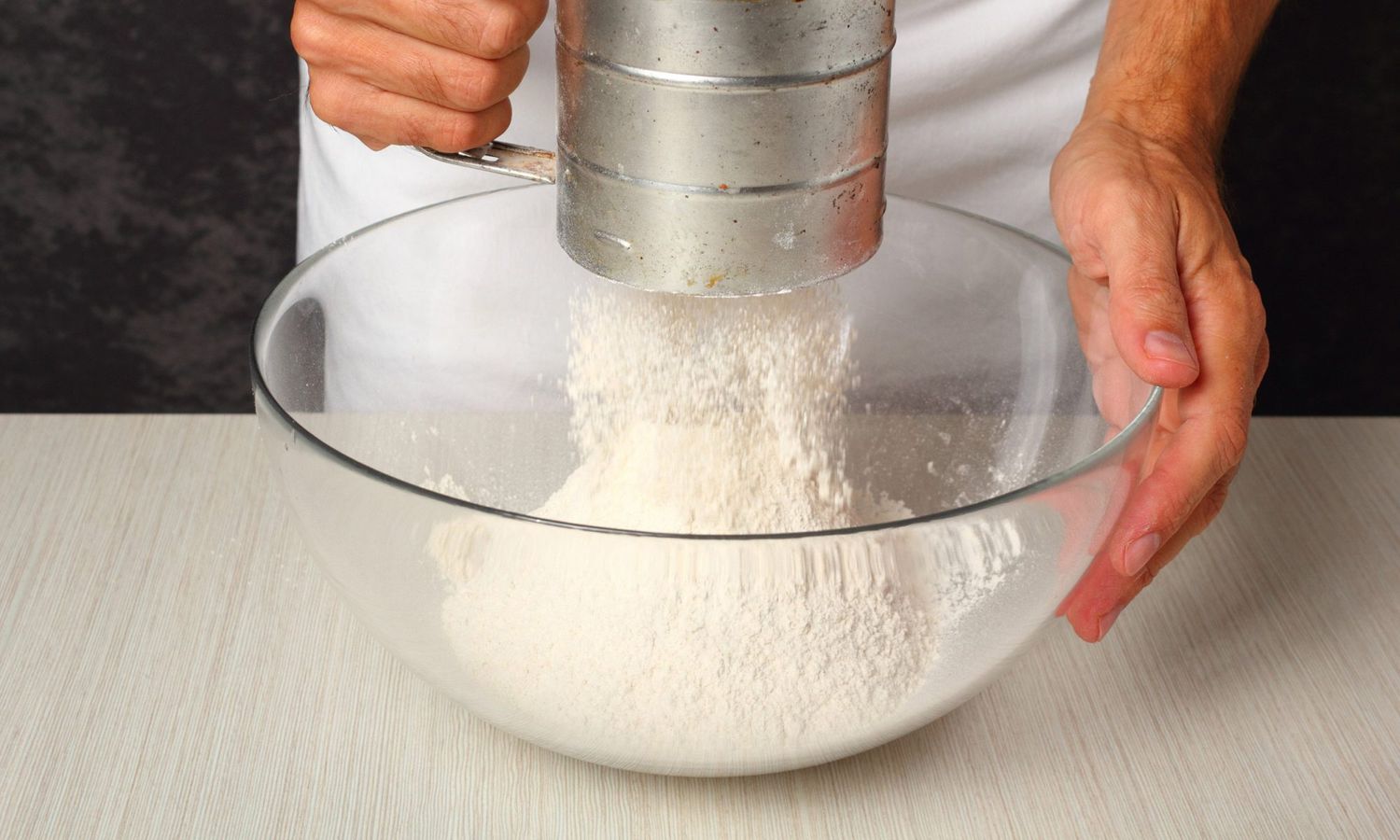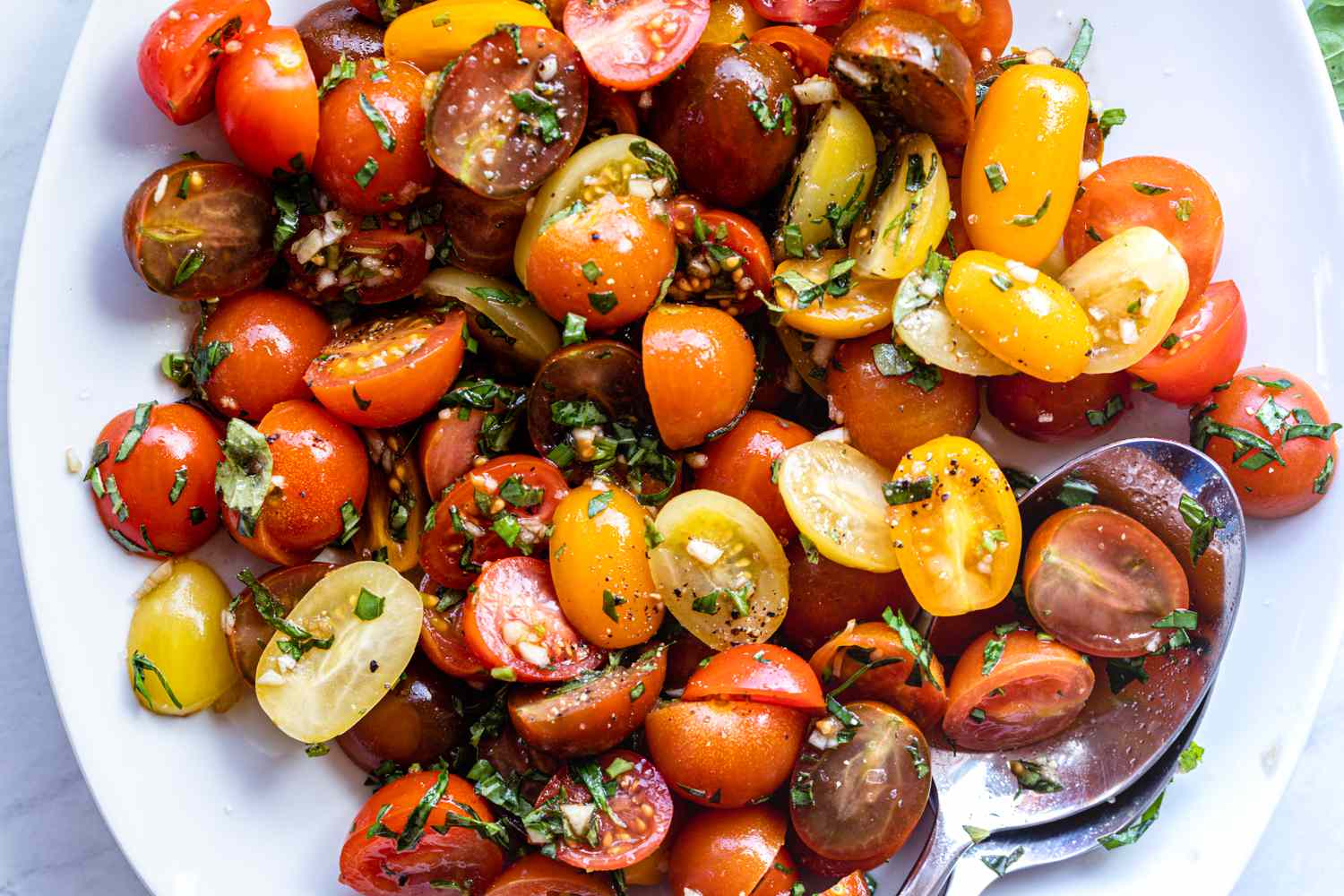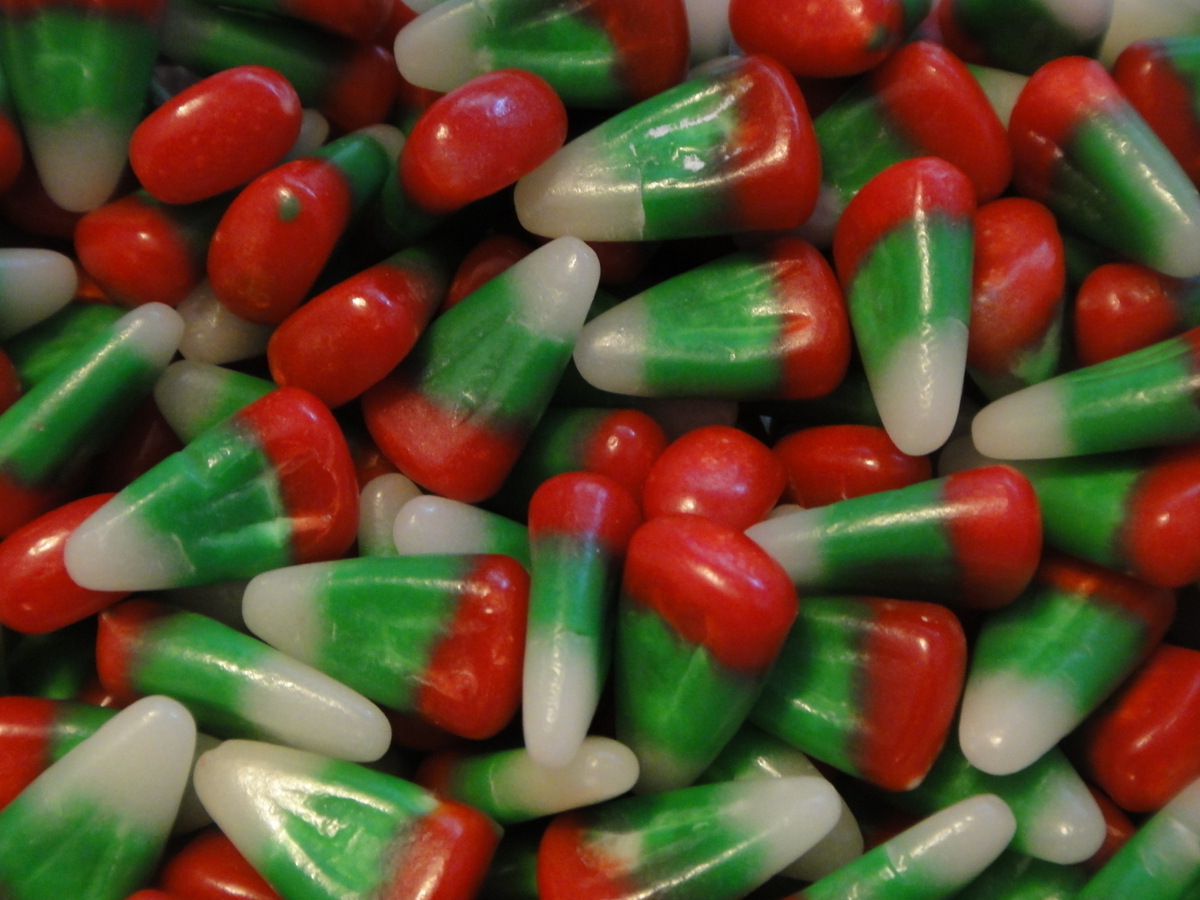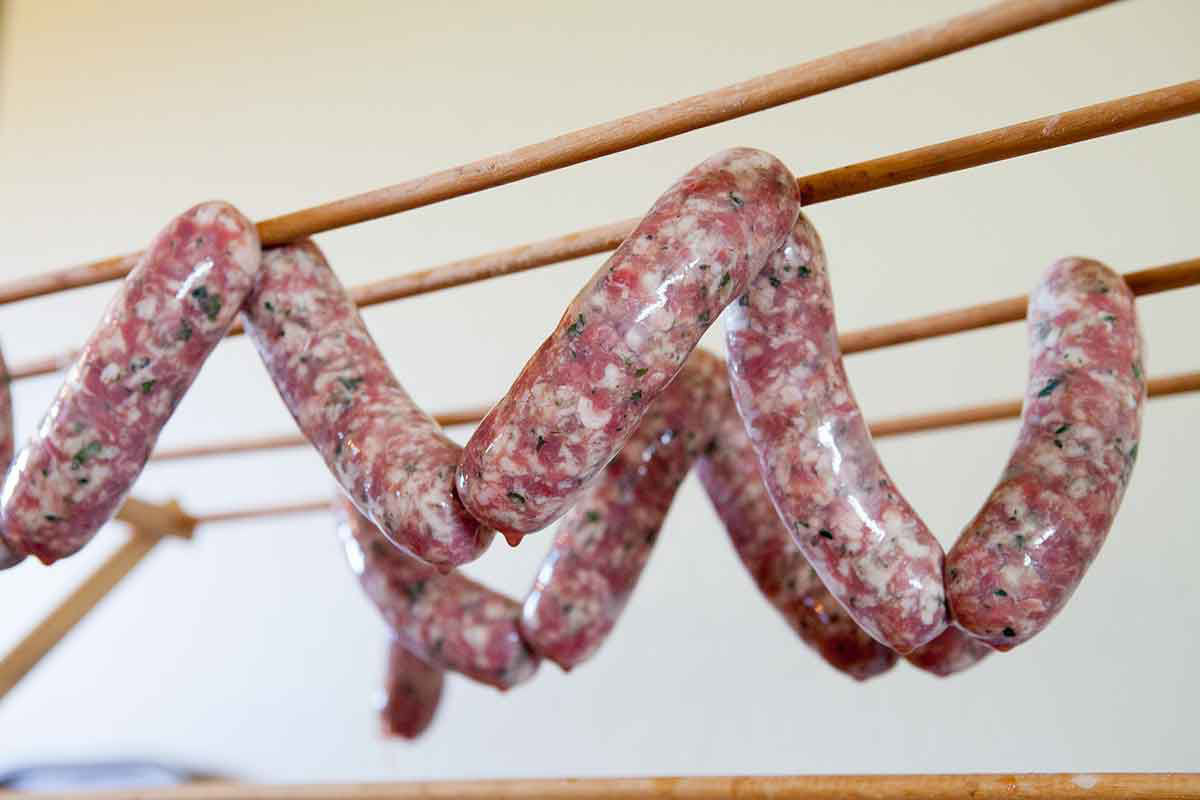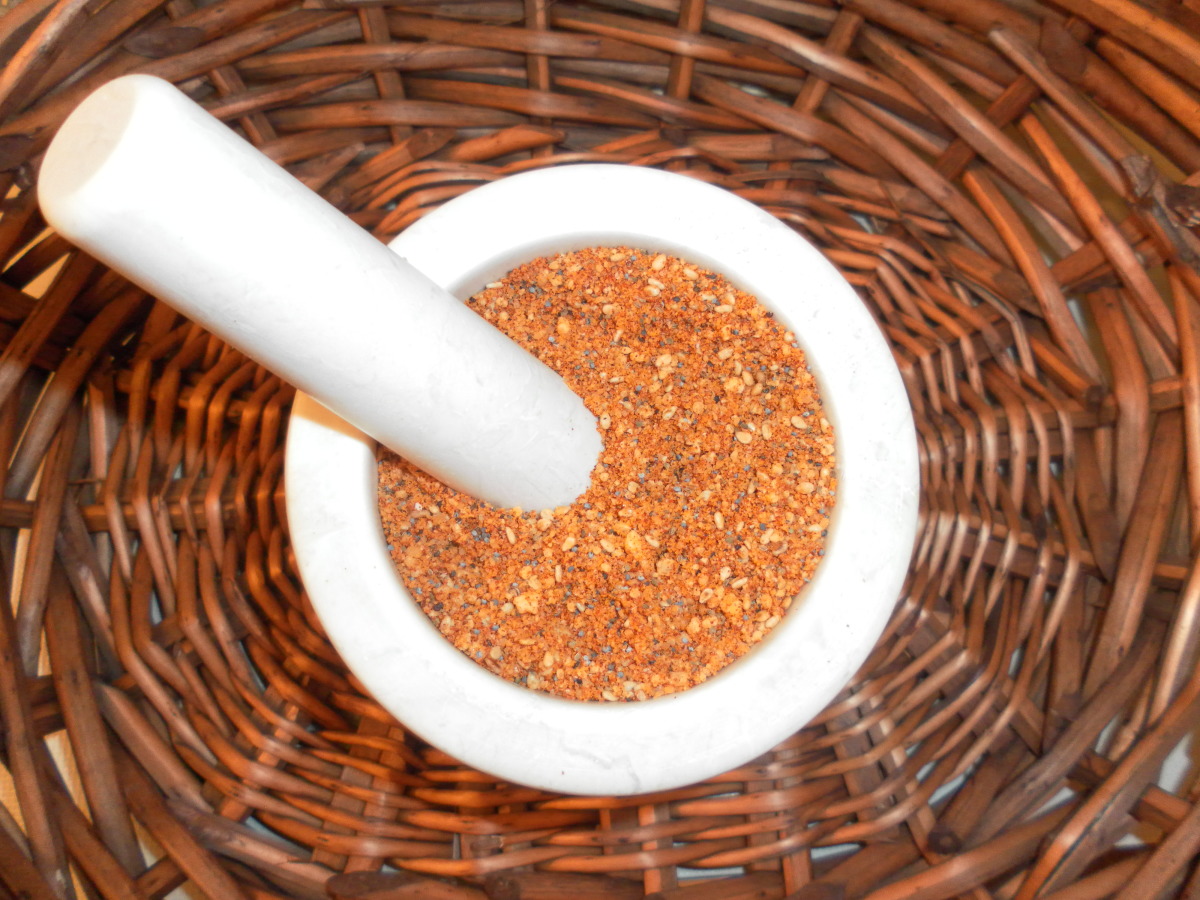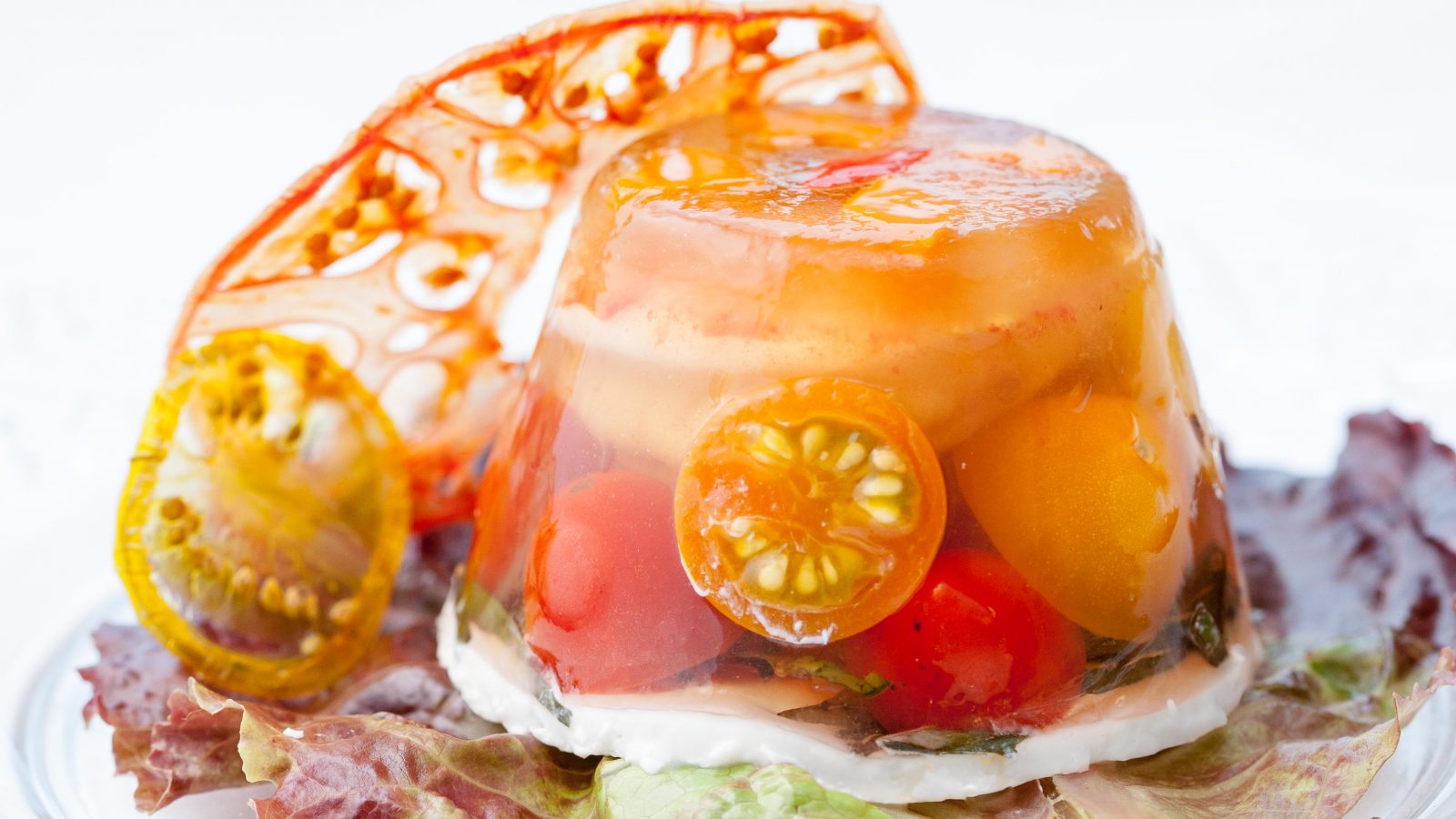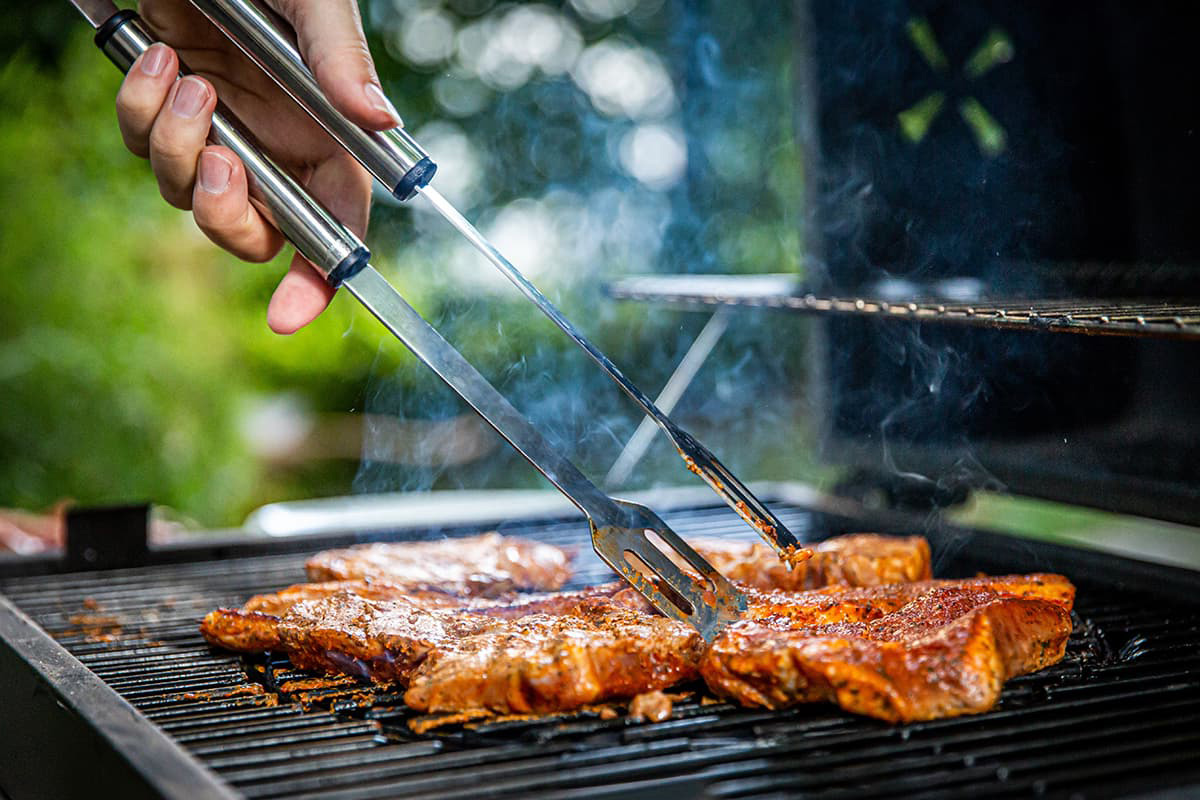Cooking oil is a staple in many kitchens, used for frying, sautéing, and baking. However, once the cooking oil has been used, it's important to dispose of it properly. Improper disposal of cooking oil can lead to clogged pipes, environmental pollution, and harm to wildlife. In this article, we'll explore the importance of cooking oil disposal and the various methods for doing so.
Why Proper Cooking Oil Disposal is Important
Improperly disposing of cooking oil can have detrimental effects on the environment and public health. When cooking oil is poured down the drain, it can solidify and clog pipes, leading to costly plumbing repairs. Additionally, when cooking oil makes its way into waterways, it can harm aquatic life and disrupt ecosystems.
Methods for Cooking Oil Disposal
There are several methods for cooking oil disposal that are both environmentally friendly and safe. Here are some options to consider:
-
Recycling Centers: Many communities have recycling centers that accept used cooking oil. This oil can be repurposed for use in biodiesel production and other industrial applications.
-
Solidification: Allow the used cooking oil to cool and solidify by placing it in a container such as a coffee can or milk carton. Once solidified, it can be disposed of in the regular trash.
-
Composting: If you have a compost pile, small amounts of used cooking oil can be added to the pile. However, it's important to use this method sparingly to avoid attracting pests.
-
Professional Collection Services: Some municipalities offer curbside collection of used cooking oil. Check with your local waste management department to see if this service is available in your area.
Tips for Safe Cooking Oil Disposal
When disposing of cooking oil, it's important to follow these tips for safe disposal:
-
Cool the Oil: Allow the used cooking oil to cool before handling it to prevent burns.
-
Use a Sealable Container: When storing used cooking oil for disposal, use a sealable container to prevent leaks and spills.
-
Avoid Mixing with Other Substances: Do not mix used cooking oil with other substances, as this can make it more difficult to recycle or dispose of properly.
-
Check Local Regulations: Be aware of any local regulations regarding cooking oil disposal to ensure compliance with environmental laws.
Conclusion
Proper cooking oil disposal is essential for protecting the environment and maintaining healthy plumbing systems. By utilizing recycling centers, solidification, composting, or professional collection services, individuals can ensure that their used cooking oil is disposed of in an environmentally responsible manner. Following the tips for safe disposal can further minimize the impact of used cooking oil on the environment. By taking these steps, individuals can contribute to a cleaner and healthier community.
Was this page helpful?
Read Next: What Is Butter Chicken
